Legal Hackathon Wales – Team 1 Challenge: AiRent?
Accessibility of legislation and access to justice has always been at the forefront of the Lab’s priorities. This year alone, we have organised and/or participated in a number of relevant projects: such as the RPF2 Access to Justice project and Innovation challenge hosted by the Solicitor’s Regulation Authority (SRA) and the University of West of England (UWE), the Global Legal Hackathon in Manchester, with our team focusing on the Access to Justice challenge and now, co-hosted with Welsh Government, we’ve recently held our own Legal Hackathon Wales, in the last week of July 2022.
The event was centred on accessibility of legislation, calling participants to brainstorm and prototype solutions to facilitate understanding and interaction with Welsh law. With a selection of five distinct categories of challenges (understanding the language and structure of legislation, finding relevant legislation, devolution and territorial extent, the case study of the Renting Homes (Wales) Act 2016 and the future of the ‘’rules as code’’ methodology), and a series of incredibly interesting presentations by experts from around the globe, the Legal Hackathon Wales was ready to begin.
Our team chose to focus on the case study of the Renting Homes Act, as the new amendments are about to be enforced in the coming months. Our idea revolved around the premise that many people are having problems with their renting contracts; they either not know their rights, are confused by the letter of the law, are or even being exploited and forced to comply with illegitimate clauses. To counter this issue, we envisaged an application that would help people better understand their contract.
Our main goals were three; First, we wanted a way to automatically assess the legality of a lease contract. Next, we decided to find a way to take the legislative text out of the equation, so that the layperson will not need to focus on more than one document. Last but not least, we had to ensure future compliance with any potential changes or updates to relevant legislation, essentially creating an online living document. As you can guess, this was a pretty ambitious project.
Our team consisted of a legislative drafter, a computer scientist, and two legal professionals. The interdisciplinary nature of the team sparked a great deal interesting conversations and ideas on how one could address the challenges that we had set for ourselves.
We ultimately decided to apply a machine learning (ML) comparison model that would set the contract clauses side by side with the legislative text in order to assess the contract’s compliance level. We drafted an application where the end user would only have to understand their own contract and not need to bother with the law itself. As part of our prototyping, we used an existing comparison ML algorithm which showcased promising results, considering the model was not trained on tenancy agreements. As part of our future plans, we envisaged a constantly updating model adapting to the changes of the law, which would serve as a rough ‘health test’ for any lease agreement.
Obviously, a complete program would entail significant research, funding, time and development, but the idea in this preliminary stage seemed to be very promising. Some of the main challenges we stumbled upon, however, were firstly, the dispersed nature of the law (various Acts play a part in assessing a situation, not even mentioning the case law that is applicable), and secondly, the inability of machine learning models to provide explanations on its decisions, which causes significant transparency issues.
All in all, the hackathon was a very enriching experience, providing the opportunity to brainstorm potential solutions to legislative problems that have hindered access to justice for centuries. We discussed, explored, imagined, and prototyped ideas which hopefully, if they get further developed in the future, could help a few people in understanding their legal situation and avoiding potential trouble.
If you’d like to keep up to date with what we get up to in the Legal Innovation Lab Wales (LILW), make sure to follow us on social media on Twitter and LinkedIn and keep an eye on our website.
Watch their presentation here:

